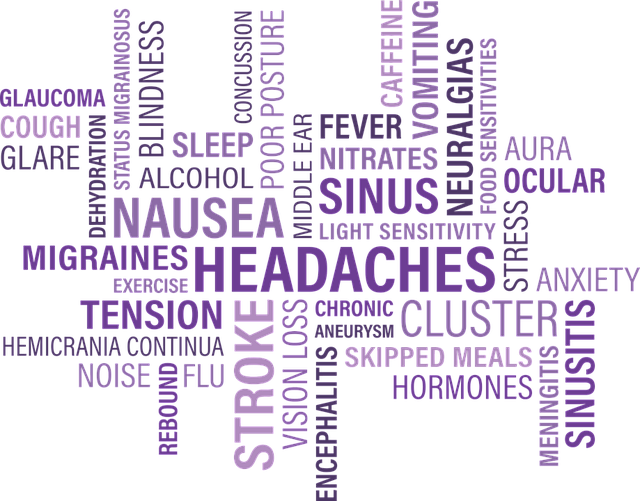Navigating the Complexities of Dissociation and Nausea: Insights and Interventions
Dissociation, a psychological condition characterized by a disconnection between thoughts, identity, consciousness, and memory, (dissociation definition) can manifest in various forms and symptoms, one of which includes physical sensations such as nausea. This blog post delves into the intricate relationship between dissociation and nausea, exploring the causes, impacts, and strategies for management to offer insights and support to those navigating this challenging experience.
Understanding the Link between Dissociation and Nausea

Dissociation and nausea are interconnected in a complex manner. For many individuals experiencing dissociation, nausea can be a direct physical symptom or a secondary effect resulting from intense stress or anxiety associated with dissociative episodes. This physiological response can significantly impact daily life, making it crucial to understand its origins and address it effectively.
Causes of Nausea in Dissociative Disorders
- Stress Response: Dissociative episodes often occur in response to overwhelming stress or trauma. The body’s fight-or-flight response can trigger various physical symptoms, including nausea.
- Psychosomatic Symptoms: Dissociation can lead to psychosomatic symptoms, where psychological distress manifests physically. Nausea is a common psychosomatic response.
- Emotional Overwhelm: The intense emotions and anxiety that accompany dissociative episodes can upset the gastrointestinal system, leading to feelings of nausea.
The Impact of Nausea on Individuals with Dissociative Disorders
Nausea can exacerbate the challenges faced by individuals with dissociative disorders. It can:
- Increase feelings of discomfort and distress during dissociative episodes.
- Affect appetite and nutritional intake, leading to further health complications.
- Hinder daily activities, including work, school, and social interactions.
Strategies for Managing Nausea Associated with Dissociation
1. Mindfulness and Relaxation Techniques: Practices such as deep breathing, meditation, and progressive muscle relaxation can help manage the stress and anxiety underlying dissociative nausea.
2. Seek Professional Help: Psychotherapy, particularly cognitive-behavioral therapy (CBT) and dialectical behavior therapy (DBT), can be effective in addressing the root causes of dissociation and related symptoms, including nausea.
3. Medication: In some cases, medication may be prescribed to help manage severe symptoms of nausea or to treat underlying anxiety and depression that could be contributing to dissociative episodes.
4. Lifestyle Modifications: Engaging in regular physical activity, maintaining a balanced diet, and ensuring adequate sleep can improve overall well-being and reduce the frequency and intensity of dissociative episodes and nausea.
5. Establish a Support System: Connecting with supportive friends, family, or support groups can provide emotional stability and reduce feelings of isolation.
Conclusion
The experience of nausea within the context of dissociative disorders is a vivid reminder of the profound interconnection between mind and body. Understanding this link is crucial for those affected by dissociation and nausea, as it empowers them to seek appropriate care and adopt strategies that can mitigate these challenging symptoms. Remember, you are not alone in this journey, and support is available to help navigate the complexities of dissociation and its physical manifestations.
FAQs
Q: Can dissociation cause other physical symptoms besides nausea? A: Yes, dissociation can lead to a range of physical symptoms, including dizziness, headaches, and palpitations, reflecting the body’s stress response.
Q: Is it necessary to see a doctor for dissociation-related nausea? A: While mild nausea can often be managed with self-care strategies, persistent or severe symptoms warrant medical attention to rule out other underlying conditions and to receive tailored treatment advice.
Q: Can lifestyle changes really help with dissociative nausea? A: Yes, lifestyle changes that promote overall health can positively impact the frequency and severity of dissociative episodes and associated nausea, although they should complement, not replace, professional treatment.
Understanding the multifaceted nature of dissociation and its physical symptoms like nausea is essential for effective management and recovery. With the right approaches and support, individuals can achieve greater control over their symptoms and improve their quality of life.
